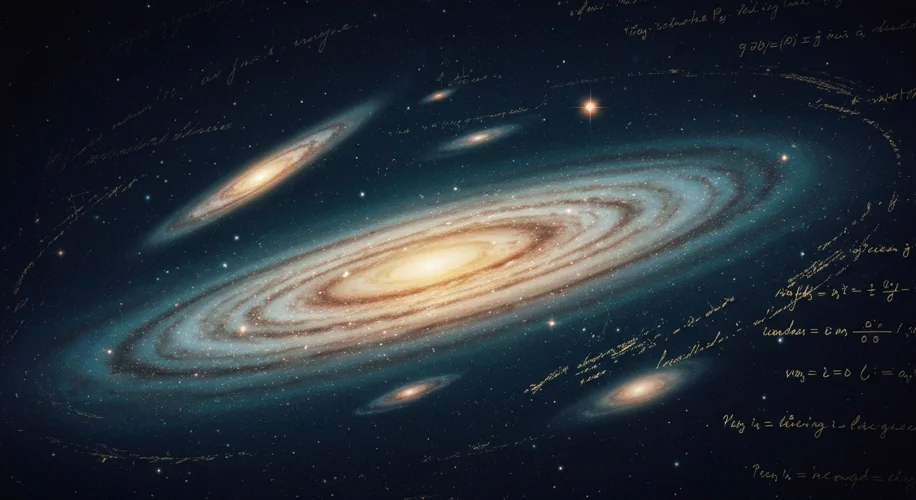The Universe Might Be Evolving… And It’s Not Just About Climate
We often think of the universe as this vast, unchanging canvas. But what if it’s more dynamic than we thought? Recent work by astrophysicists at the University of Chicago is really making us rethink things. They’re suggesting that dark energy – that mysterious force pushing the universe apart at an ever-increasing speed – might not be as constant as we’ve assumed.
For years, the prevailing idea, tied to Einstein’s theory of the cosmological constant, was that dark energy is a steady, unchanging property of space itself. Think of it like a background hum that’s always there, always the same. But new evidence is hinting that this hum might actually be changing over time.
Why This Matters
This is a big deal for cosmology. If dark energy isn’t constant, it means our understanding of how the universe has expanded and how it will continue to do so might need a serious update. It challenges fundamental assumptions and opens up entirely new avenues for research.
It’s actually quite fascinating, even for someone like me who spends their time focused on Earth’s climate. In atmospheric science, we’re constantly working to understand complex systems that evolve over time. Climate patterns aren’t static; they respond to feedback loops, changing conditions, and a multitude of interacting factors. The idea that dark energy, a force shaping the entire cosmos, could also be dynamic and evolving feels like a profound parallel.
The Scientific Process in Action
What I find particularly compelling is seeing the scientific process unfold. For decades, the cosmological constant model served us well. But as we gather more precise data and develop more sophisticated ways to observe the universe, we get new information. And when that new information conflicts with existing theories, it doesn’t mean science has failed. It means science is working!
It’s a testament to the power of observation and the willingness to revise our understanding when evidence points in a new direction. This is how science advances. We build models, test them, find discrepancies, and then refine our models or develop entirely new ones that better fit the data.
What’s Next?
While these findings are still early and require more data and independent verification, they’re incredibly exciting. They hint at the possibility that dark energy could be something more complex, perhaps a field that changes or interacts in ways we haven’t yet imagined.
This research reminds us that even the most fundamental aspects of our universe might hold surprises. It’s a humbling and inspiring thought, pushing us to keep looking, keep questioning, and keep learning about the incredible cosmos we inhabit.

